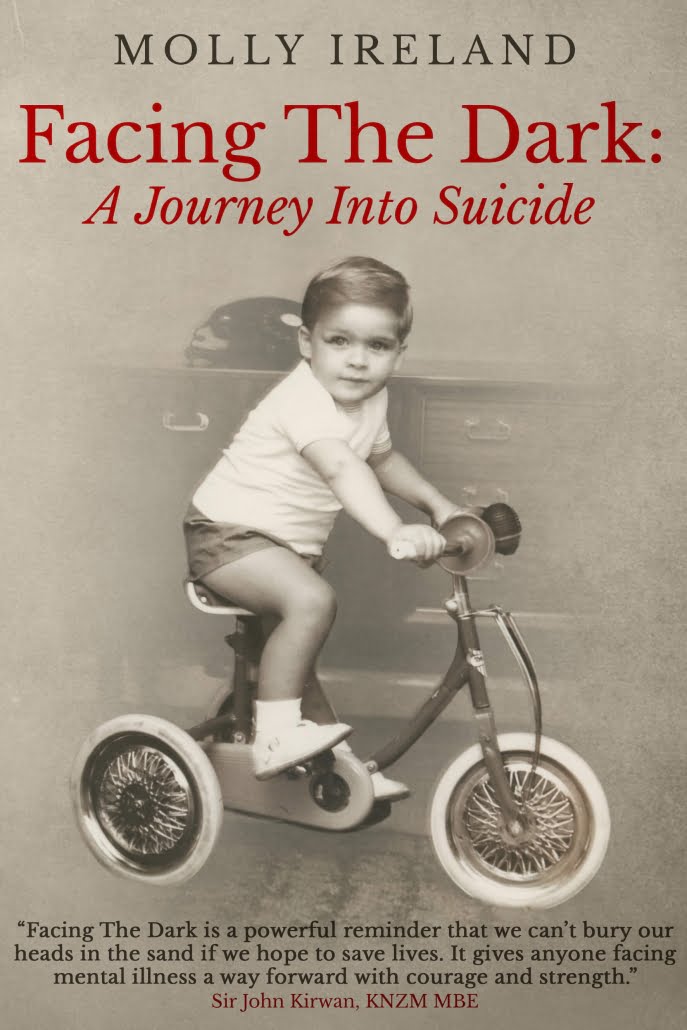“Time Management”
Does Time Manage You?
Are you sick and tired of running out of time? Does it seem like there is never enough? Did last year “go really fast”? If these sound familiar, then you’re probably suffering from Time Sickness.
Most of us have a deeply unhealthy relationship with time.
And, if you have, it’s no surprise. We live in a world plagued by it. We think of money, time, love, and even likes on social media as commodities: things to hoard instead of seeing them as resources to share and celebrate. The chronic belief that there’s never enough of any of them shifts us into a deeply ingrained sense of scarcity.
Scarcity Mindset
Global activist and author, Lynne Twist, talks about the three toxic myths of scarcity in her book The Soul of Money. When we live from a place of chronic scarcity, Twist says, there’s not enough, more is better, and that’s just the way it is.
In fact, we create both the illusion of time and how we feel towards it. Let’s look at how we do this.
Time Belief #1: There’s never enough of it.
The beliefs we impose on our lives are really important, including the ones we have about time. We all want to use our time to make the best choices. We tend to think of it as a bank account that is full at birth but keeps shrinking until we totally run out in old age. But there’s a huge flaw in this way of thinking. According to medical doctor and spiritual leader, Deepak Chopra, time is actually flexible and expendable. It varies throughout our lives and, depending on what we’re doing and how much we’re enjoying it … or not. Someone who spends weeks after a relationship breakup feeling lonely is not spending time in the same way as a person looking into the eyes of a beloved for a few moments. Their perceptions and experiences of time are radically different.
Chopra reminds us that counting the days, weeks, and years is artificial, and if we change our perception of “enoughness” and begin to understand that who you are and what you are is aplenty, then racing against the clock is counterproductive to living it.
Time Belief #2: We must stay ahead of it.
How much time do you spending trying to stay ahead of the clock, believing “there is no time to waste?” According to this belief, the arrow of time flies so fast that we can barely keep up with it, and when we try, we become exhausted and depleted. Chopra says that a deep fear of “death” is behind the belief that time wins in the end, whether that “death” is the literal disintegration of your physical body or the insolvency of your business because someone else got there first.
Time Sickness At Work
Often our efforts at work, in particular, center around trying to stay ahead of time and ahead of the competition. Time sickness has become an obsession for many companies, particularly those in IT and other technology-centric industries.
Technology seems to embody the very worst of society’s dysfunctional relationship with time.
Planned technological obsolescence is one example of time sickness gone amuck. I recently received an email telling me my Sonos music system speakers – less than 4 years old – would not be able to receive new software updates in a few months’ time. I would need to buy new ones if I wanted to fix a “problem” I didn’t know I had. Clearly this manufacturer has profited from our fear of running out of time and has built this belief into our belongings, too.
Create A New Relationship with Time
Current concepts of time management need to go beyond forcing productivity onto every second of the day. We need to think about how much of our personal and corporate resources go into managing time dysfunction rather than achieving our goals or spending time doing what we value. We need to take more time to decide if what we’re racing after is important enough to warrant it, or if we’re just chasing our tails around in circles out of a fear of being left behind or missing out.
Time is not going anywhere.
Our beliefs about time are just a projection and a reflection of our inner peace or lack of it. And, once you really get this, there’s no reason to impose those beliefs on your life every day. Rather than racing through your days, it’s more important to do the best work you can, take the time that you need and not try to force artificial time constraints on yourself, your staff or the people you love. I know what you’re probably going to say: but wait, if I don’t impose deadlines then nothing will ever get done? True, setting deadlines is a good and efficient way to make things happen but not when they’re done from a place of panic and chronic scarcity. The key is to set reasonable deadlines for ourselves and our staff and then be flexible in changing them if need be.
We make the time we need just like we make the time we give away or so-called “lose.”
Taking Back Control
Control belongs to us once we realise that it actually does. I help many people take back control over their lives because they’re not aware of how much energy they lose when they focus on out of control things. This depletes us at every level. One benefit of taking back control over time is that the fear of aging and death begins to diminish. We lose our fears of irrelevance and understand that we are deeply relevant just as we are. If we practice it, this feeling of “enoughness” becomes powerfully magnetic.
And “time management” becomes grounded in the realisation that . . .
Every moment, including this one right now, is a full bank account.
When do you feel timeless?
Timelessness then becomes a personal choice and we begin to live from a place of “no-time” more of the time. Meditation and yoga are two common ways to become familiar with no-time. But there are many ways to experience it. Some people lose all sense of time when they’re surfing or fishing. Time stands still for me when I write and hike in nature.
Thinking of time this way takes the concept of time management to a whole new level. If your relationship with time could be healthier, get in touch.






